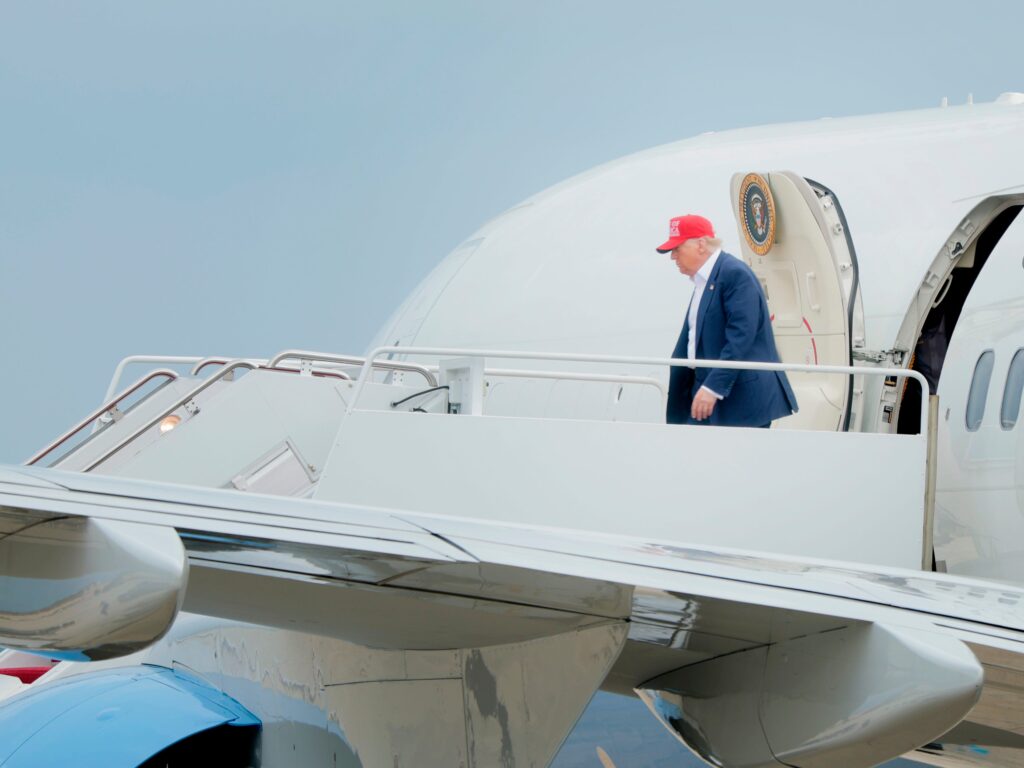
UPDATE: The aviation industry is breathing a sigh of relief as the newly announced EU-US trade deal confirms that it will dodge tariffs that could have severely impacted the sector. This crucial development comes after months of uncertainty and preparations for potential levies, with significant implications for airlines and aircraft manufacturers.
Officials announced that under the latest agreement, tariffs originally proposed by former President Donald Trump have been significantly reduced from an initial 20% to 15%. The aviation sector, dependent on a complex global supply chain, was particularly anxious about tariffs that could disrupt operations and inflate costs.
Transportation Secretary Sean Duffy hinted at a return to a zero-tariff agreement reminiscent of the 1979 accord, offering hope for industry stakeholders. As many companies, including Delta Air Lines and Ryanair, had already devised strategies to mitigate the impact of potential tariffs, this news marks a turning point in the ongoing trade negotiations.
In a proactive move, Delta Air Lines had previously circumvented tariff implications by arranging for an Airbus plane to be delivered to Japan, thus avoiding import duties on US soil. Ryanair, Europe’s largest budget airline, has also expressed readiness to adapt, with CEO Michael O’Leary suggesting methods to limit tariff repercussions, including registering planes in the UK, which remains free from aviation tariffs.
Despite this positive development, concerns linger regarding the broader economic impact. Many companies may pass on costs to consumers, potentially dampening travel demand as budgets tighten. American Airlines recently reported record revenue for the second quarter but adjusted its profit forecast downward, predicting earnings per share between a loss of $0.20 and a profit of $0.80, down from earlier estimates of up to $2.70.
CEO Robert Isom expressed cautious optimism, citing improving GDP and trade deal progress as indicators that consumers may be more willing to spend on travel in the coming months.
As the situation develops, the aviation industry’s focus now shifts to adapting to this new trade landscape, while remaining vigilant about potential economic shifts that could affect consumer spending.
Stay tuned for more updates as this story unfolds.





